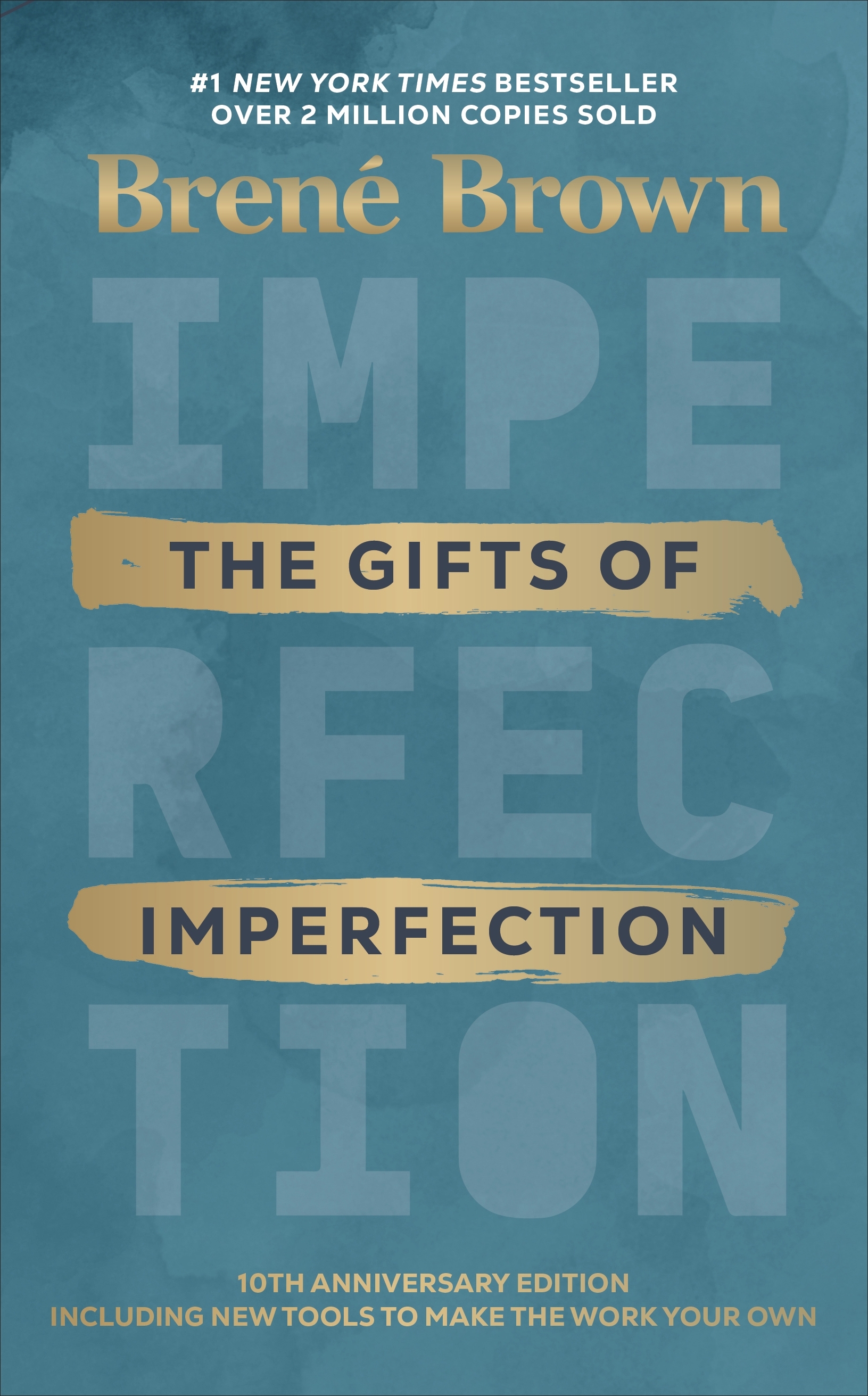


Searching Amazon doesn't produce a list of the products that most closely match your search, it brings up a list of products whose sellers have paid the most to be at the top of that search. The company's $31b "advertising" program is really a payola scheme that pits sellers against each other, forcing them to bid on the chance to be at the top of your search. Today, Marketplace sellers are handing 45%+ of the sale price to Amazon in junk fees.

That's when Amazon started to harvest the surplus from its business customers and send it to Amazon's shareholders. This strategy meant that it became progressively harder for shoppers to find things anywhere except Amazon, which meant that they only searched on Amazon, which meant that sellers had to sell on Amazon. Marketplace sellers reached huge audiences and Amazon took low commissions from them. Kindle and Audible creators got generous packages. As these sellers piled in, Amazon shifted to subsidizing suppliers. That tempted in lots of business customers – Marketplace sellers who turned Amazon into the "everything store" it had promised from the beginning. Prime customers start their shopping on Amazon, and 90% of the time, they don't search anywhere else. And Amazon sold us Prime, getting us to pre-pay for a year's worth of shipping. Amazon sold us ebooks and audiobooks that were permanently locked to its platform with DRM, so that every dollar we spent on media was a dollar we'd have to give up if we deleted Amazon and its apps. Lots of us piled in, and lots of brick-and-mortar retailers withered and died, making it hard to go elsewhere. This was a hell of a good deal for Amazon's customers. If you searched for a product, Amazon tried its damndest to put it at the top of the search results. It sold goods below cost and shipped them below cost.

Think of Amazon: for many years, it operated at a loss, using its access to the capital markets to subsidize everything you bought. When a platform starts, it needs users, so it makes itself valuable to users. I call this enshittification, and it is a seemingly inevitable consequence arising from the combination of the ease of changing how a platform allocates value, combined with the nature of a "two sided market," where a platform sits between buyers and sellers, holding each hostage to the other, raking off an ever-larger share of the value that passes between them. Here is how platforms die: first, they are good to their users then they abuse their users to make things better for their business customers finally, they abuse those business customers to claw back all the value for themselves. Colophon: Recent publications, upcoming/recent appearances, current writing projects, current reading.Hey look at this: Delights to delectate.Tiktok's enshittification: The company manually allocates surplus to creators, and they can take it away again, too.Subscribe through another App Store? Check out the links below for help. If you run into any issues canceling your Boomerang subscription, or want us to confirm it’s canceled, please contact us directly by clicking here. If you wanted that, you could just go watch Tom and Jerry. We don't want managing your subscription to turn into a game of cat and mouse. If you uninstall the app without canceling your subscription you will still be charged. You must cancel your subscription to end the automatic renewal. Please note: Uninstalling the Boomerang app will not stop you from being billed. Follow the steps to confirm your cancellation.Click the ‘Cancel Subscription’ It will be in the bottom section, beneath the billing information.Sign in and click on the ‘Accounts’ button in the top right of the homepage.To cancel a subscription created through Our customer support team is standing by and eager to help or hear your feedback! You can reach them here. We're sorry to see you go, if you're cancelling because of an issue you've experienced using Boomerang, please let us know.


 0 kommentar(er)
0 kommentar(er)
